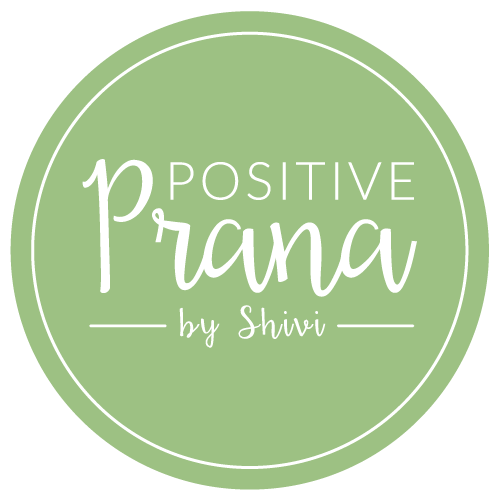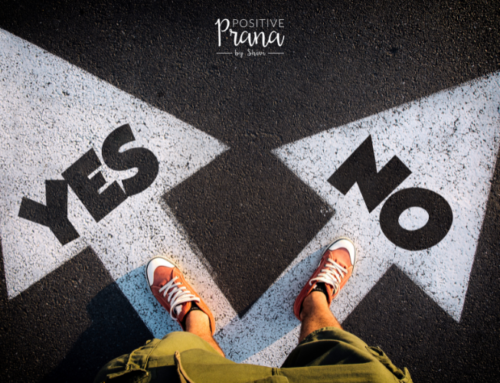All too often, we hang onto relationships that do not serve us. For whatever reason, we put the relationship or the other person before ourselves or our well-being. Individuals who have satisfying relationships report feeling happy more frequently, feeling sad less frequently, and feeling more satisfied with their lives compared to those who do not have satisfying relationships.
However, social relationships can also be a major source of distress and misery (e.g., Rook, 1984). These negative social relationships are social ties that reduce the individual’s well-being. Negative relationships can reduce well-being in different ways.
Considering the significant effect that negative relationships can have on well-being, it is important to identify whether any of your close relationships are toxic in any way and learn how to manage these.
Mindless vs Mindful Listening
In order to reap the benefits of social relationships, one must invest in them. To maintain high quality, positive relationships, relationship management skills must be refined and enhanced. In this and the following lessons, we address several essential relationship management skills that enable people to build and maintain positive relationships, starting with mindful listening.
“Most people do not listen with the intent to understand; they listen with the intent to reply.” – Stephen R. Covey
Impact of Presence in Relationships- Eckhart Tolle- https://www.youtube.com/watch?v=kulviqvrsVo
Relationship Masters vs Relationship Disasters
https://www.youtube.com/watch?v=ib7Ain2aVR0
Managing Toxic Relationships
Negative relationships can have a significant effect on our well-being. All too often, we hang on to relationships that do not serve us. For whatever reason, we put the relationship or the other person before ourselves or our well-being. Negative relationships can reduce well-being in different ways.
Personal safety-
For instance, relationships involving psychological (Straus & Field, 2003) or physical abuse (Johnson, 2006) violate the important need for safety.
Physical well-being-
They can have a detrimental effect on physical well-being. For instance, conflict and negativity are associated with deteriorating immune (Kiecolt-Glaser & Newton, 2001) and cardiovascular function (Ewart et al., 1991), and “social contagion” of negative health behaviours promotes unhealthy behaviour by setting norms for “normal” or “appropriate” behaviour (e.g., peer drinking behaviour, dieting).
Self- Esteem-
Some negative relationships can result in feelings of indebtedness and threaten self-esteem (Bolger & Amarel, 2007; Gleason, Iida, Bolger, & Shrout, 2003).
Goal Achievement-
Negative social relationships can hinder goal achievement. When people start to make changes in life, it is common for them to experience resistance or unsupportive remarks from peers. A person who decides to reduce drinking, for instance, may get confronted with disbelief and mockery from his friends who feel that he is “abandoning” the group with this choice.
Identifying Negative Relationships
It becomes important to identify whether any of your close relationships are toxic in any way and learn how to manage them.
- Identify 5 personal relationships that are challenging in your life
- Identify why the relationship is toxic. Write down with examples of why they are toxic- for eg- this person makes me feel unsafe or this person is manipulative or I feel emotionally drained after dealing with him/her.
- Pick the most toxic one at this point. Which one is causing you the most stress right now.
- How much of your time and energy is spent on this relationship? Write down both directly or indirectly ( for eg-direct contact or indirectly -thinking about it, reacting emotionally to it)
- What does this relationship cost you? How does it interfere with your life and wellbeing? For eg- time with others/sleep/focus on work/ financial/energy/time to exercise/me-time
Managing Toxic Relationships
Decide at this moment how can you best manage it.
- Stay and Do nothing- Continue to feel the way you do and continue to pay the price for holding on.
- Lessen the Negative Effects- Take a step back- lessen the level of contact ( direct and indirect)- set healthy boundaries
- Remove the relationship from your life- Leave- end it and no longer invest your time and energy anymore
Write down which option you have chosen above for yourself and the reasons why?
Finally, follow through with your decision. You may need to get some help to prevent relapse.
Getting Help
If you have been involved in a toxic relationship for many years, you may have never considered your power to change or break the relationship. Give yourself enough time to decide how to deal with the relationship and allow yourself to make a choice. Get some help through a counsellor or friend. Talk to someone
References:
- Straus, M. A., & Field, C. J. (2003). Psychological aggression by American parents: National data on prevalence, chronicity, and severity. Journal of Marriage and Family, 65, 795-808.
- Johnson, M. P. (2006). Violence and abuse in personal relationships: Conflict, terror, and resistance in intimate partnerships. In A. L. Vangelisti & D. Perlman (Eds.), The Cambridge handbook of personal relationships (pp. 557-576). Cambridge University Press.
- Gleason, M. E., Iida, M., Bolger, N., & Shrout, P. E. (2003). Daily supportive equity in close relationships. Personality and Social Psychology Bulletin, 29, 1036-1045.
- Bolger, N., Foster, M., Vinokur, A. D., & Ng, R. (1996). Close relationships and adjustments to a life crisis: The case of breast cancer. Journal of Personality and Social Psychology, 70, 283-294.







Leave A Comment